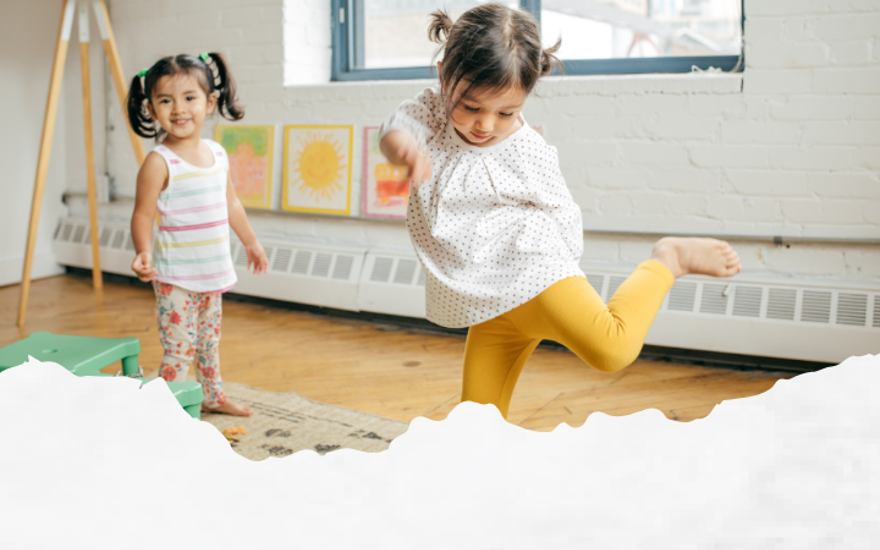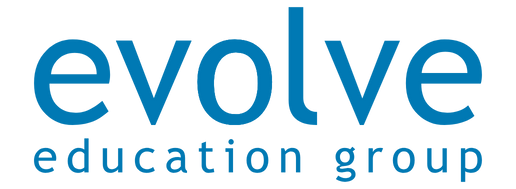Music and Movement
13 May 2025

Is there anything more fantastic than seeing an infant, toddler or young child fully rocking to a beat with their own artistic movements, not a care in the world as they create, move and groove to music that sometimes only they can hear?!
There are, of course many learning benefits for children when they engage in music and movement, these are just a few of them as well as some ways that you can bring music and movement to life for your child.
Physical skills
It goes without saying that there are many physical skills that help support children’s physical development when they make music, dance and move!
Coordination, balance and fine motor skills are just some of them!
Even drumming a beat on a drum takes coordination as they move their hands to create a rhythm.
Cognitive skills
Music and movement also helps support children’s cognitive development as it can help them develop memory skills as well as problem solving skills. Often music is repetitive in nature, which helps your child to both recognise patterns as well as create their own. The unique patterns and rhythms in music are also fantastic at supporting the development of maths concepts!
Extending oral language skills
Music is an incredible tool for supporting children’s oral language skills! Exposing children to a wide range of songs also exposes them to a range of words and language beyond what may commonly come up in day to day conversations.
Self expression and creativity
Through singing, rhythm, and melody, children can express feelings and thoughts that they might not yet have the words for. Movement, on the other hand, allows them to physically embody and explore these emotions.
Cultural Development
Exposure to music and movement from both their own and other cultures also supports children in their cultural development. This rich form of exploration exposes children to various languages, rhythms, and melodies, fostering an appreciation and understanding of cultural diversity.
Supporting your child’s music and movement at home
There are many ways that you can support your child to engage with music and movement at home and the best part is it doesn’t need to cost any money!
Equipment
Music and movement is a fantastic tool for children’s learning as you do not need fancy toys or equipment to provide this for your child- in fact, the simpler the better!
Your voice can sometimes be the most powerful tool and you can even start singing to your child while you are pregnant!
Exploring the sounds that different objects can make around your house is also another fun, low cost way to bring in a bit of music and movement into your child’s play.
Creating links to early learning
Does your child have a favourite song? Feel free to let their early learning centre know! Being able to share their favourite music in new environments is a fantastic way to create links to home! Music can often be used as a way to settle children into new environments, what an added bonus it would be for your child if it happened to be their favourite song!
Links to te Whāriki (the NZ ECE curriculum)
Music and movement is woven throughout Te Whāriki due to the holistic nature of this curriculum. Music and movement can support language development, social skills, and cultural understanding especially as they explore music from other cultures and in diverse languages, all of which are key components of Te Whāriki.
Links to the New Zealand school curriculum (NZC)
How can engaging in music and movement help prepare your child for school?
One of the key competencies in the NZC is using language, symbols and texts, something that music is absolutely rich with! It also strongly links in with the learning area of the arts seeing as music and movement provides children with ample opportunities to express themselves, communicate ideas and respond to the works of others. By participating and engaging in music and movement they are already creating links to the school curriculum!



